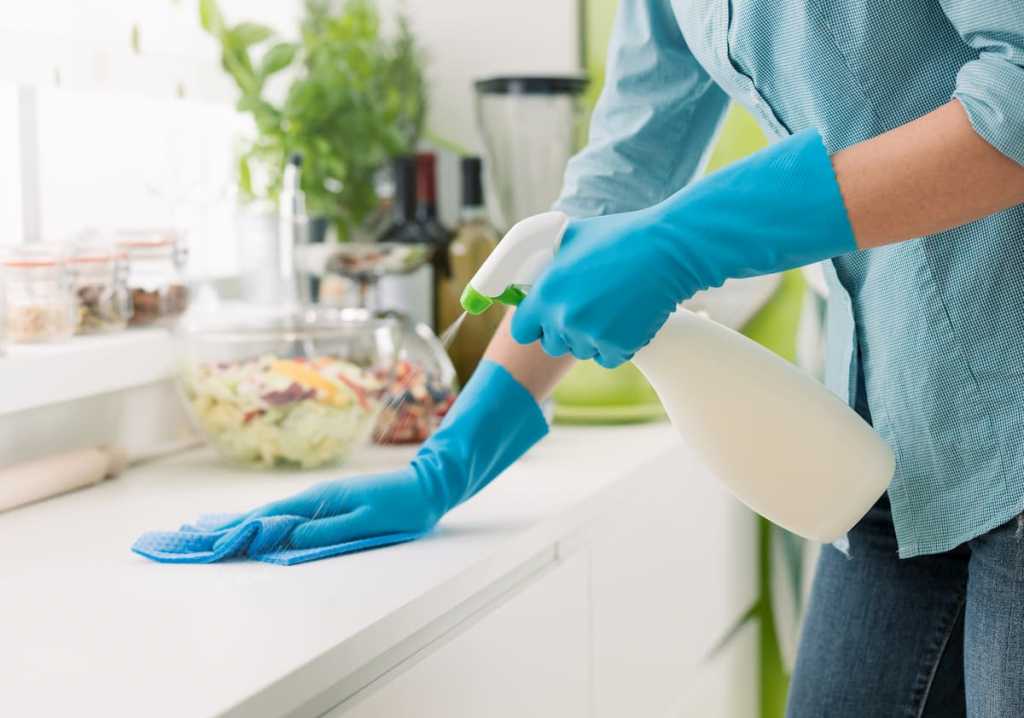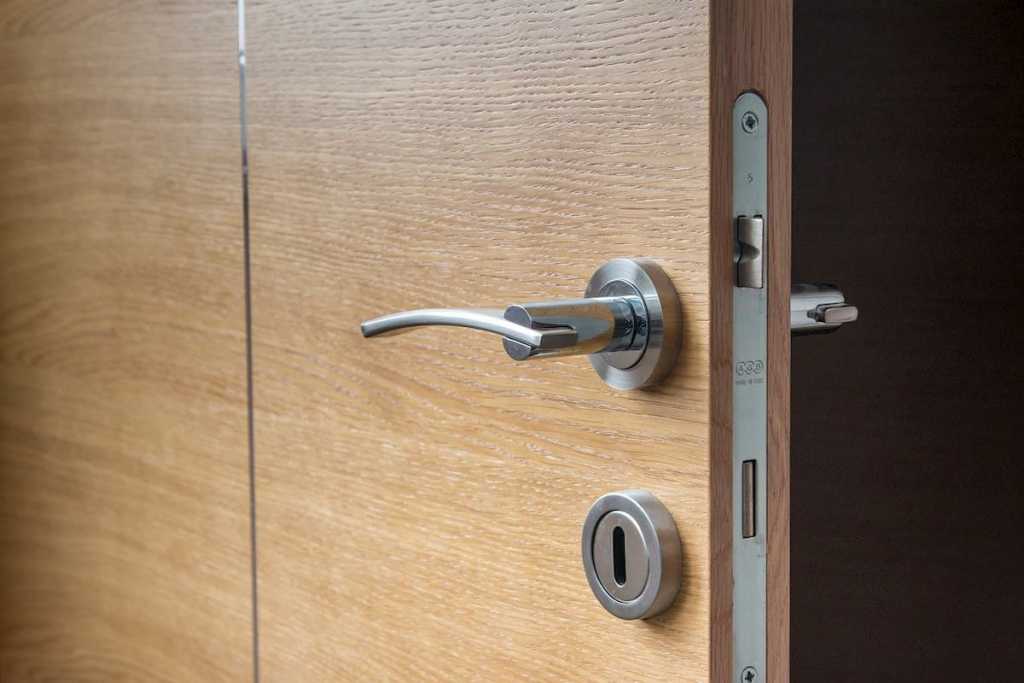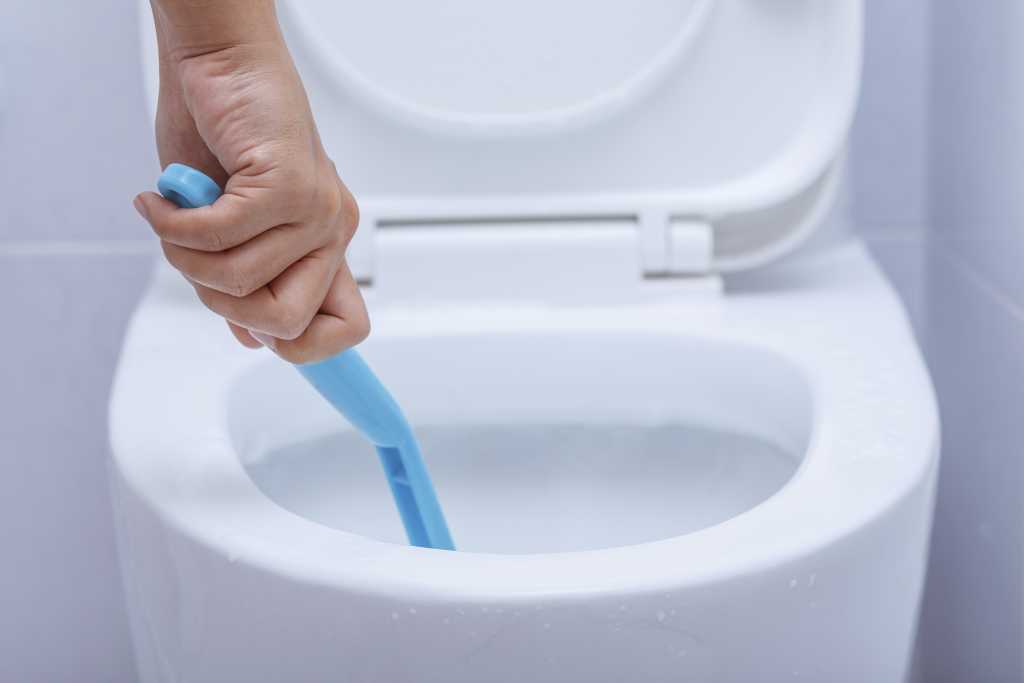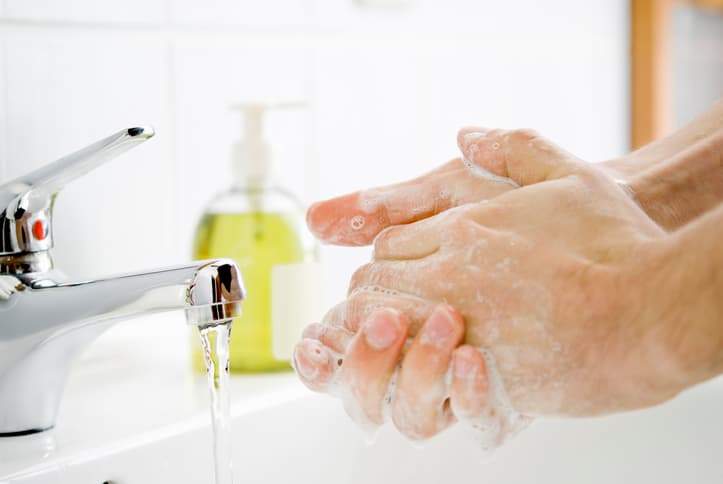Coronavirus: Do You Need to Disinfect Your Home?

COVID-19 is a ribonucleic acid virus which means it has proteins and lipids in its structure, so you can use liquid washing up soaps to dissolve and inactivate the virus. However, for disinfection, use solutions with 70% alcohol to be extra sure, check the back of the cleaning product you choose to ensure it says ‘gets rid of viruses, including influenza’, for example Kleenmist Safeclean Sanitising Spray. For effective home cleaning, try to be as thorough as possible to ensure your household stays and remains coronavirus-free. Generally speaking, if there isn’t anyone in your home whom you know to have COVID-19 or has symptoms, a clean with general soap is good enough, but if someone in your household is infected, disinfecting the home is required.
It’s recommended that you pay close attention to commonly-used areas of the home to eliminate the chance of the virus spreading – so whether you choose to use liquid washing up soaps or disinfectants, the key is being thorough. That’s why, this month, Scott & Sons will be advising on some of the best practices you can follow to ensure you’re cleaning in line with the best advice and are able to maintain a relaxed and safe space for you and your support bubble.
Surfaces and How the COVID-19 Spreads Through Them
As stated on GOV.uk:
‘COVID-19 spreads from person to person through small droplets, aerosols and through direct contact. Surfaces and belongings can also be contaminated with COVID-19 when people with the infection cough or sneeze or touch them. The risk of spread is greatest when people are close to each other, especially in poorly ventilated indoor spaces and when people spend a lot of time together in the same room.’
This is why it’s important to social distance, wash hands often and thoroughly, to clean high-traffic surfaces and to keep indoor spaces well ventilated. This will help reduce the spread of coronavirus.
Coronavirus Cleaning: High Traffic Areas Around the Home

Starting with the most obvious places in the home and working our way into more granular areas, our handy guide will provide you with a thorough insight into COVID-19 cleaning.
Firstly, pay close attention to high-traffic areas, this includes:
- Door handles
- Light switches
- Plugs and switches
- Tables
- Kitchen cupboard handles/surfaces
- Appliance handles and dials
- TV remote controllers and games consoles/computer equipment
- Toilets, sinks and taps
Also, consider your cleaning equipment such as sponges and cloths, and make sure you clean your hands or wear marigolds when using them to prevent person-to-person spread of infection.
Bathroom & Toilet Coronavirus Cleaning

Frequently-touched surfaces such as flushers, toilet seats, taps, door handles are the best places to start when cleaning the bathroom and looking to perform a thorough clean. Always make sure that running water is available as well as liquid soap and individual hand towels.
Kitchen and Communal Area Coronavirus Cleaning

Although unlikely for COVID-19 to be transmitted through food, it is important to ensure good food hygiene practice wherever consumables are concerned. This includes wearing clothing that is suitable, protective and clean, washing hands with liquid soap and warm water for at least 20 seconds and cleaning frequently-touched surfaces before preparing food.
Bin Coronavirus Cleaning
Household or business waste need not be separated for each individual – this is only the case if someone is showing signs of COVID-19/tests positive – in which case, that one person must segregate their own rubbish.
For those who do not have COVID-19, get rid of your waste as you usually would, ensuring all disinfectant wipes and tissues are placed into waste bin bags before putting them into your wheelie bin or apartment skips. You do not need to double bag your rubbish.
If you need to get rid of rubbish for a person who has or is suspected to have COVID-19, it’s important to:
- Ensure all rubbish goes straight into a designated plastic bin bag and tie the top into a knot when full
- Place the full rubbish bag into a second bag and tie the same way
- Put rubbish into a secure place and mark it – leave it here until the suspected person gets their test results back. If negative, treat as normal rubbish, if positive, wait 72 hours before placing into a regular wheelie bin. Should you not have the room for this separate waste, you can call a specialist contractor to remove hazardous waste but there could be a small fee included in this service.
If you’re at all unsure of any of our advice, please check the most recent advice on GOV.uk for reassurance.
Scott & Sons have a wealth of experience within the cleaning industry and thanks to our expert knowledge, state-of-the-art cleaning equipment and dedicated teams, we’re able to offer first-rate coronavirus decontamination cleaning services. With no job too small, we’re here to serve customers throughout Hertfordshire, Buckinghamshire, Middlesex, Essex & North London – contact us today for utmost peace of mind.
